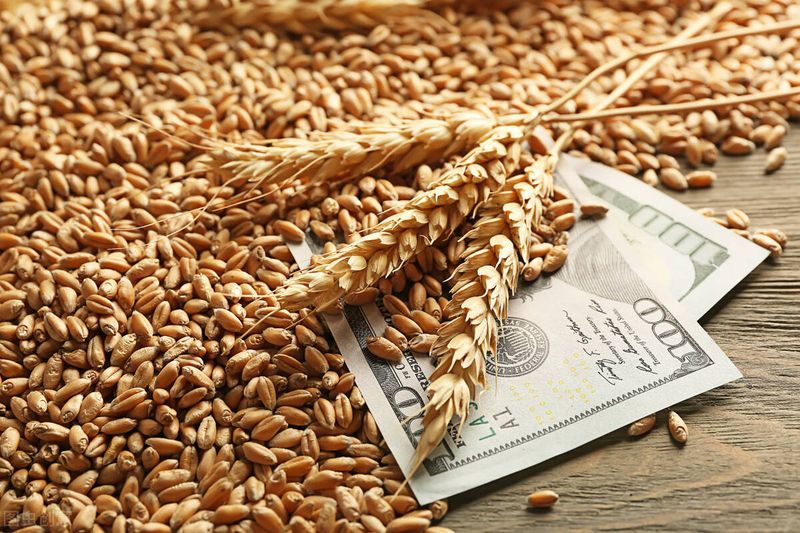EU wheat slips to lowest since April as supply pressure persists

European wheat futures fell on Friday to their lowest since April, pressured by harvest supplies in the United States and Black Sea region.
Traders were also adjusting positions before monthly U.S. Department of Agriculture (USDA) world crop forecasts, expected to include revisions to U.S. and Russian wheat production.
September wheat BL2U4 on Euronext was down 1.7% at 219.50 euros per metric ton by 1527 GMT.
It earlier fell to 219.25 euros, its lowest since April 22, though it continued to find chart support around the 220 euro level.
Chicago wheat Wv1 also fell.
Warm, dry weather has helped harvesting advance in U.S. and Russian crop belts and take attention away from poor prospects in France, where heavy rain is expected to push production down to one of its lowest levels in decades.
“Market attention remains on very cheap Russian wheat and low Ukrainian prices which are approaching the $200 a ton FOB level,” one German trader said.
“Mostly hot, dry weather is forecast in south Russia next week which would be positive for harvest progress.”
Russian 12.5% protein wheat for August Black Sea shipment was at $220-$221 a ton FOB against around $216-221 on Monday. Russian 11.5% protein was around $211-$213 a ton FOB and Ukrainian 11.5% $199 to $209 a ton FOB.
In Sweden, used to supplement Baltic region export shipments, initial barley harvesting is starting after rain delays.
Trade forecasts of Sweden’s wheat crop are around 2.9 million tons from 2.5 million last year.
“Swedish winter grains are looking good but low Black Sea prices are reducing export prospects,” a Swedish trader said. “Exporters are talking around 12 euros under Euronext December BL2Z4 for Algeria-quality wheat in Swedish ports but selling willingness is very limited.”
Read also
Uncertainties As The New Reality: How Agri Business Can Generate Money In 2026
Ukrainian rapeseed in 2025/26: From exports to processing-driven market
Jordan cancels wheat tender and announces new one for 120 thsd tons
Israel may restrict Black Sea wheat imports amid new trade deal with the US
Ukraine сompletes 2025 sugar production season
Write to us
Our manager will contact you soon



